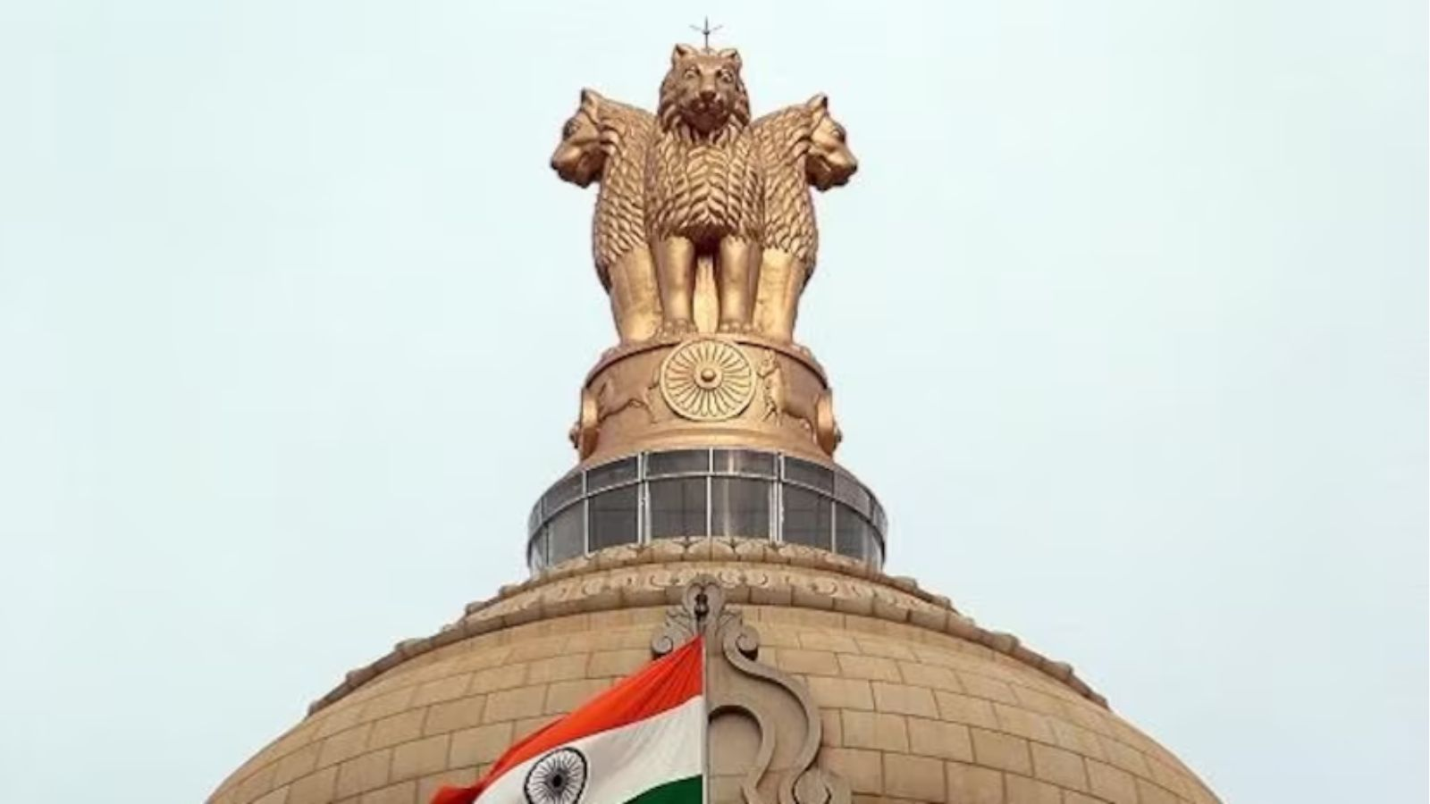Description

Copyright infringement not intended
Picture Courtesy: https://indianexpress.com/article/trending/national-civil-services-day-2024-date-history-theme-quotes-9278883/
Context: Every year on April 21, India celebrates National Civil Service Day to recognize and appreciate the vital role that civil servants play in the country's governance and development.
Significance of National Civil Service Day
- Historical Context: April 21st is celebrated as National Civil Service Day in India to commemorate a significant event in the country's history—the address delivered by Sardar Vallabhbhai Patel, the first Home Minister of independent India, to newly appointed civil servants on April 21, 1947.
- Sardar Patel's Address: During this address, Sardar Patel referred to civil servants as the "steel frame of India," recognizing their crucial role in shaping and administering the nation post-independence.
- Symbolic Importance: National Civil Service Day serves as a symbolic occasion to honour civil servants and acknowledge their contributions to nation-building and public administration.
Structure of Civil Services in India
- All-India Services: These services are common to both the Central government and state governments. They include:
- Indian Administrative Service (IAS): Officers of the IAS hold key positions in the administration of both the Centre and states.
- Indian Police Service (IPS): IPS officers are responsible for law enforcement and maintaining public order.
- Indian Forest Service (IFS): IFS officers manage and conserve India's forests and wildlife.
- Central Services: Under the exclusive jurisdiction of the Central government, these services are classified into Group A (gazetted officers) and Group B (non-gazetted officers). They play roles across various ministries and departments at the national level.
- State Services: Governed by respective state governments, state services administer and manage public services within their states. The number and classification of state services vary across different states based on administrative needs.
Constitutional Provisions and Governance
- Articles in the Constitution: The Indian Constitution (Articles 308 to 314) provides the framework for civil services, including All-India Services, Central Services, and State Services.
- Regulation of Recruitment and Service Conditions: Article 309 empowers Parliament and State legislatures to regulate recruitment and conditions of service for public servants.
- Tenure and Discipline: Article 310 governs the tenure of civil servants, holding office during the pleasure of the President or State Governor. Article 311 provides safeguards against arbitrary dismissal, ensuring due process for disciplinary actions.

Conclusion
- National Civil Service Day highlights the role and importance of civil services in governance and nation-building. It celebrates the dedication, professionalism, and innovation of civil servants who work tirelessly for the welfare and progress of the country.
Source:
Indian Express
|
PRACTICE QUESTION
Q. In a politically charged environment, how can civil servants ensure policy neutrality and objective implementation while facing pressure from the ruling party to favour certain agendas? How can they navigate this tightrope walk between responsiveness to the elected government and upholding the principles of fair and impartial service to the public?
|










